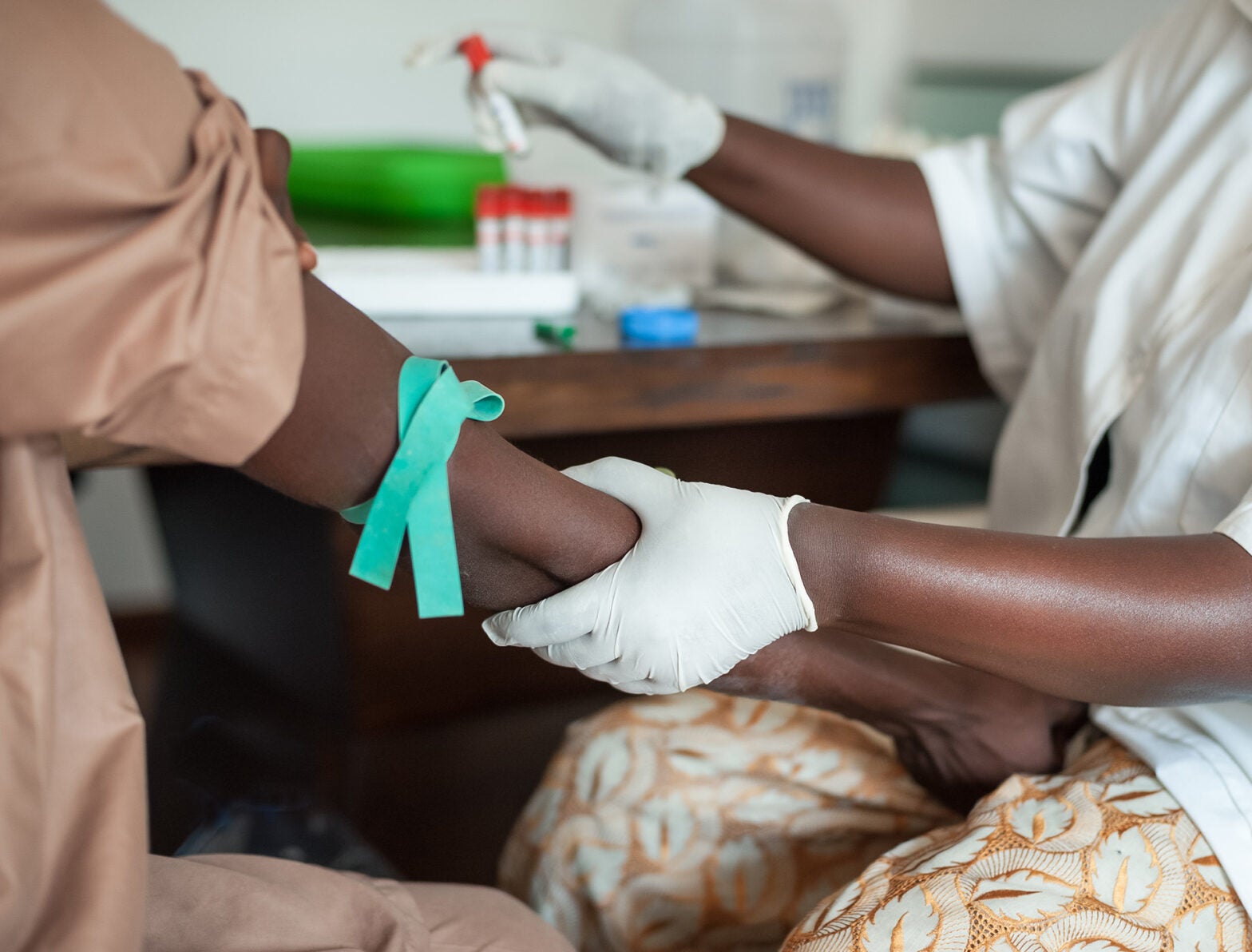Person-centered care and patient outcomes
Study that measured person-centeredness in Ghana’s health system underscores the importance of experiential quality in determining patient satisfaction and outcomes.
The Challenge
Person-centeredness is a foundational value of health systems. Patients have a right to respectful care that is responsive to their needs, and person-centeredness impacts care seeking and health outcomes. The WHO’s Responsiveness of Care scale measures patient experience by eight components: dignity, autonomy, confidentiality, clear communication, choice of care provider, prompt attention, quality of basic amenities and access to social support networks during inpatient care. Yet information about patient experience, and person-centeredness more generally, is severely lacking in many low and middle-income countries. Too often in these settings, experience is treated as a nice-to-have luxury and an afterthought to technical quality.
The Solution
To determine the relationship of responsiveness with patient satisfaction and patient-reported outcomes, researchers from Ariadne Labs surveyed a representative sample of 1,946 Ghanaian women from age 15 to 49 in 2017. Participants were asked to rate their experience with seven components of patient-centered care: dignity, autonomy, confidentiality, clear communication, choice of care provider, prompt attention, and quality of basic amenities. They also reported on how likely they were to recommend this care to a friend, their overall rating of the care they received, and how well the care met their needs. Information on overall self-rated health status and self-rated mental health status was also collected. This study was one of the first to examine individual reports of responsiveness of care and its association with satisfaction and selected patient-reported outcomes, an indication that the topic has been historically neglected.
Our Impact
Researchers found:
- Among women of reproductive age in Ghana, responsiveness of care was strongly associated with perceptions that care met health needs, the overall quality of care, and the likelihood of recommending the facility.
- Women in the highest responsiveness category more commonly reported excellent self-rated health (34%) than those in the lowest responsiveness category (8%).
- Women reporting less responsive care tended to be younger, less educated, and less likely to report having access to care if needed quickly.
The findings underscore the emerging global consensus that responsiveness and patient experience of care are not luxuries but essential components of high-performing health systems across all income levels. The study was published in May 2020 in BMJ Open Quality Journal.



